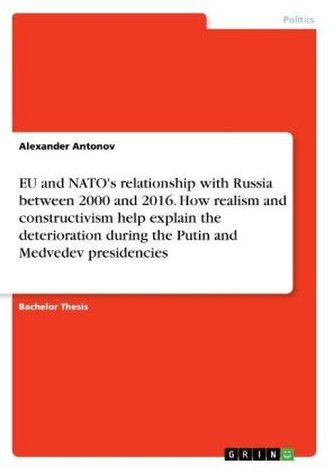EU and NATO\'s relationship with Russia between 2000 and 2016. How realism and constructivism help explain the deterioration duri
863 Kč 1 026 Kč
Bachelor Thesis from the year 2016 in the subject Politics - International Politics - Topic: Peace and Conflict Studies, Security, grade: 12, University of Southern Denmark (University of Southern Denmark - Sønderborg), course: European Studies, language: English, abstract: The following paper scrutinizes the relationship between Russia and the EU/NATO in the last 16 years during Putin\'s (and Medvedev\'s) presidencies. The main aim of the thesis is to understand the extent to which the relationship between the parties has deteriorated and the decisive factors, events, that have impeded a mutually beneficial cooperation.
\nIn order to provide a clear and comprehensive understanding of the complex topic, an empirical case study approach is applied. Dividing the case in three different dimensions, (1) the political relationship between the EU and Russia, (2) military cooperation between the EU/NATO and Russia and (3) economic relationship between the EU and Russia, the paper also intends to elucidate the effects of the deterioration for the three respective areas.
\nAs a theoretical background, the international relations theory Neorealism (defensive; offensive) and the social theory Constructivism are consulted and contrasted with each other. While Neorealism mainly explains how EU/NATO have used their (economic and military) power capabilities to diminish Russia\'s influence in Europe in the last sixteen years (and after the fall of the Soviet Union in general), Constructivism has been mainly helpful to illustrate how normative and value differences between Moscow and Brussels have hampered a beneficial cooperation.
\nUsing the empirical knowledge of the 90s., when Russia embarked on an integrative path with the EU/NATO, the paper contrast those experiences with the relationship of the last sixteen years in order to facilitate the understanding of Russia\'s resurgence from a broader historical perspective.
\nThe paper found out that prior to the current Ukraine crisis, EU\'s/NATO\'s policies such as their enlargements or support for color revolutions in Russia\'s close neighborhood have led to a gradual increase in distrust, insecurity and a zero sum logic in the Kremlin. Therefore, after many other crises prior to Russia\'s annexation of Crimea in 2014, a serious conflict between the parties was only a matter of time since the balance of power has shifted to the detriment of Russia\'s national interests.
| Autor: | Antonov, Victor; Harmon, Bruce; Yaresko, Alexander |
| Nakladatel: | GRIN Verlag |
| ISBN: | 9783656989684 |
| Rok vydání: | 2016 |
| Jazyk : | Angličtina |
| Vazba: | brožovaná/paperback |
| Počet stran: | 76 |
-

Digital Customer Journey im Zeitalter...
Szilard, Pauline Elisabeth
-
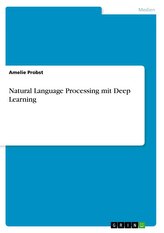
Natural Language Processing mit Deep ...
Probst, Amelie
-
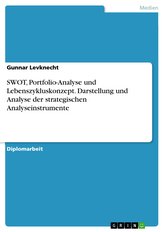
SWOT, Portfolio-Analyse und Lebenszyk...
Levknecht, Gunnar
-

'"Miteinander Reden". ...
Anonym
-
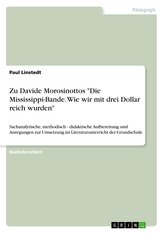
Zu Davide Morosinottos \"Die Mis...
Linstedt, Paul
-
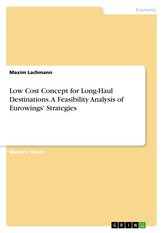
Low Cost Concept for Long-Haul Destin...
Lachmann, Maxim
-
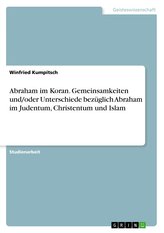
Abraham im Koran. Gemeinsamkeiten und...
Kumpitsch, Winfried
-
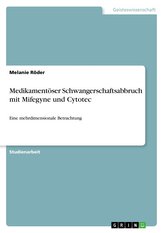
Medikamentöser Schwangerschaftsabbruc...
Röder, Melanie
-
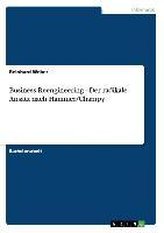
Business Reengineering - Der radikale...
Weber, Reinhard
-
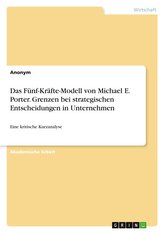
Das Fünf-Kräfte-Modell von Michael E....
Anonym
-
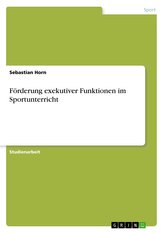
Förderung exekutiver Funktionen im Sp...
Horn, Sebastian
-
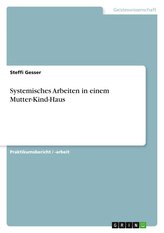
Systemisches Arbeiten in einem Mutter...
Gesser, Steffi
-
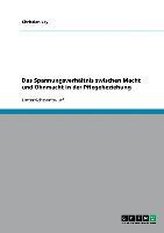
Das Spannungsverhältnis zwischen Mach...
Ley, Christian
-
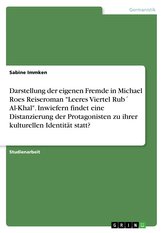
Darstellung der eigenen Fremde in Mic...
Immken, Sabine
-
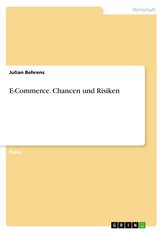
E-Commerce. Chancen und Risiken
Behrens, Julian
-
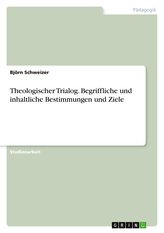
Theologischer Trialog. Begriffliche u...
Schweizer, Björn




